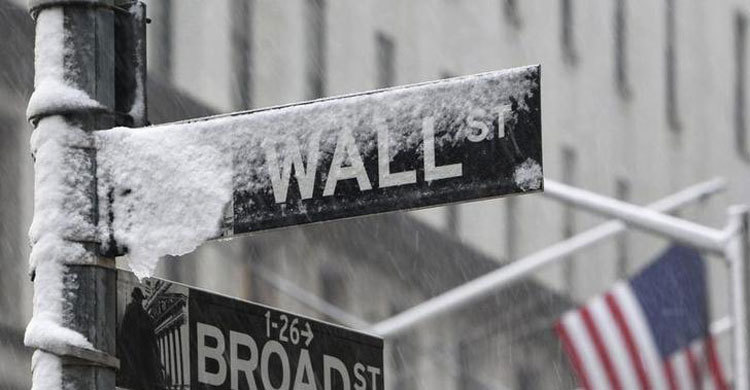Wall Street puts old Washington ways on ice

Wall Street is putting its old Washington ways on ice. Big banks are infamous for lobbying against swathes of financial reform.
Lately, though, they’ve cut back. Now they’re actively pushing congressional Republican bigwig Jeb Hensarling to ditch a bill to repeal the Dodd-Frank Act.
The latest efforts to upend the 2010 law ought to appeal to the likes of JPMorgan, Bank of America and Goldman Sachs.
They have, after all, complained about everything from capital charges to mortgage reform to how watchdogs handle annual stress tests.
Hensarling, chairman of the House Financial Services Committee, plans to introduce a bill that would undermine many of those measures. Wall Street lobbyists, though, are not offering support.
It’s not because President Barack Obama has threatened to veto similar bills. Financial firms have in recent years backed such efforts, hoping that a push for broad changes might yield smaller concessions.
They won, for example, exemptions for certain matters under the so-called Volcker rule that bans proprietary trading.
In December 2014, they persuaded Congress not to force them to move certain derivatives operations out of units with federally insured deposits, arguing it would create more risk by moving the activity to unregulated entities.
That, though, came at a heavy price. Initial supporters of the watered-down measure turned against the industry, worried that being seen as too soft on Wall Street would alienate voters.
The banks have cottoned on to the changing mood. Bosses like JPMorgan’s Jamie Dimon have been less overt in their criticism of regulations in the past few years.
Spending on lobbying by the securities and investment industry fell by 8 percent to $97 million between 2011 and 2015, according to the Center for Responsive Politics.
Political rhetoric against banks has gotten sharper during the U.S. presidential campaign. Meanwhile, Congress has diverted dividends the Fed pays to banks to help fund a highway bill. As a result, banks are playing defense.
That may change if Republican presidential hopeful Donald Trump wins the White House.He told Reuters on Tuesday that he’d overturn much of Dodd-Frank if he became president.
For now, though, Wall Street is one of the biggest defenders of post-crisis reform.


